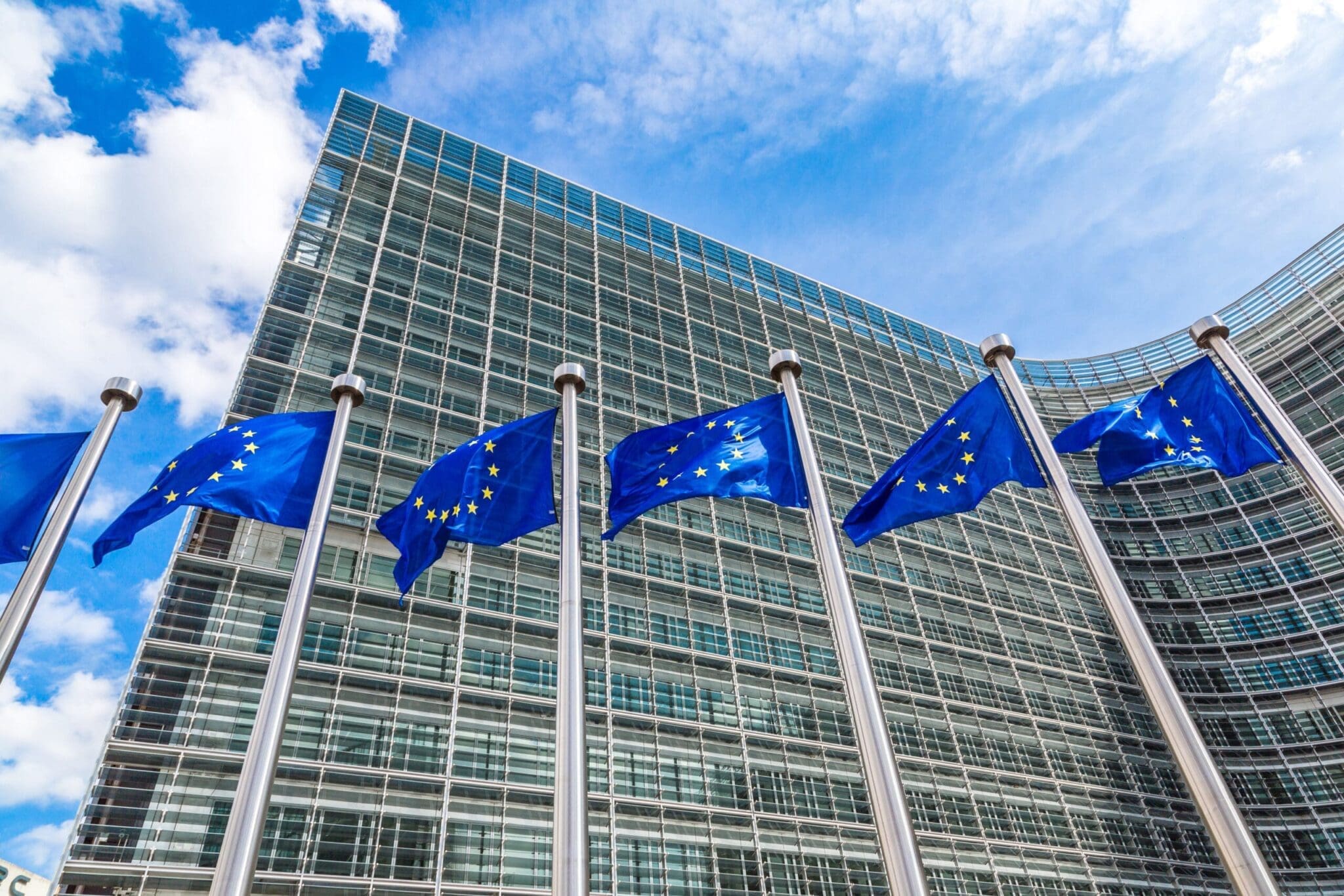Here we answer your questions about the CSDDD legislation.
If you have a question that we haven’t answered here, ask your question using the enquiry form below. We will reply directly to you and update this FAQ.
What is the Corporate Sustainability Due Diligence Directive?
The Corporate Sustainability Due Diligence Directive (CSDDD) is an EU Directive that aims to foster sustainable and responsible corporate behaviour which anchors human rights and environmental considerations into a company’s operations and corporate governance.
The new rules are aimed at ensuring that businesses address adverse impacts of their actions, including in their value chains inside and outside of Europe.
Why is CSDDD important?
CSDDD is important because it helps to promote sustainable and responsible business practices, protect human rights and the environment, and create a more just and equitable global economy.
When does CSDDD come into force?
CSDDD is being phased in over a number of years starting in 2026/27 with the EU’s largest organisations being the first to have to comply with the legislation from 2027.

Which companies will be required to comply?
CSDDD is being phased in over a period of 3 years following its approval, starting with the EU’s biggest organisations. There are 4 categories of organisation that must comply. These are as follows:
- CSDDD Group 1: A 3-year application period for EU companies with more than 5000 employees and a net worldwide turnover of more than €1500 million.
- CSDDD Group 2: A 4-year application period for EU companies with more than 3000 employees and €900 million turnover.
- CSDDD Group 3: A 5-year application period for EU companies with more than 1000 employees and a net turnover of €450 million.
- CSDDD Group 4: A 5-year application period for non-EU companies with more than 1000 employees and a net turnover of €450 million.
How many companies are impacted by CSDDD?
It is estimated that 5,500 organisations will be directly affected by CSDDD.
What is the objective of CSDDD?
The objective of CSDDD is to foster sustainable and responsible corporate behaviour by requiring companies to report on the actions they have put in place and / or have taken to identify and address adverse impacts.
What is the scope of CSDDD?
CSDDD focuses on business impacts across the supply chain including adverse human rights and environmental (including climate change) impact.
What do businesses need to do to comply?
The CSDDD requires companies to conduct reasonable due diligence on their operations and their value chains to prevent or minimise human rights or environmental risks. There are several measures an organisation will be expected to take in order to fulfil obligations:
- Integrate due diligence into corporate policies and procedures.
- Conduct risk analysis to identify potential adverse impacts.
- Prevent and mitigate adverse impacts that have been identified.
- Establish and maintain a complaints procedure.
- Monitor the effectiveness of due diligence procedures.
- Publicly communicate the due diligence that has been undertaken.
- Adopt and implement a climate change transition plan.
When is the first reporting deadline?
Exact reporting deadlines are yet to be confirmed but based on the current timeline, the first CSDDD reporting deadlines are likely to be during 2027 for Europe’s largest organisations.
What’s the reporting format?
So far, there isn’t a formal reporting format, however, to reduce burden, companies reporting under the Corporate Sustainability Reporting Directive (CSRD) will be able to harmonise reporting. Companies are likely to be expected to outline their due diligence processes and activities within publicly available reports. This may be done by incorporating information within existing sustainability reports like CSRD or by producing a standalone report.
What are the penalties for non-compliance?
Enforcement of the Directive managed at a Member State-level. Individual EU Member States will be expected to use a relevant regulatory authority to impose penalties such as sanctions, fines and compliance orders. So far, these have not been announced.
What do businesses need to do to prepare for CSDDD?
Getting started with CSDDD requires a broad approach.
Businesses should prepare for CSDDD compliance by first developing due diligence processes, assessing their supply chain, implementing due diligence measures, monitoring and evaluating performance, engaging with stakeholders, and seeking external support where necessary. More about how to prepare is available here [white paper link].
Adopting a broad approach and treating your due diligence as a supplier development programme can offer additional operational and performance benefits, going far beyond regulatory compliance.
How does CSRD relate to CSDDD?
CSRD and CSDDD are complementary and complex pieces of legislation that support the overall goal of prioritizing the well-being of workers, communities, and the environment.
Only approximately 10% of companies that must comply with CSRD are also regulated to comply with CSDDD, however, many of supply chain due diligence activities and obligations set out in the CSDDD legislation must be undertaken in order to meet the reporting requirements of CSRD.
- Estimated number of organisations that must comply with CSRD: 50,000
- Estimated number of organisations that must comply with CSDDD: 5,500
Read more about the differences between CSRD and CSDDD.
How can Achilles help my business comply with CSDDD?
Achilles specialises in supporting businesses to undertake effective supply chain due diligence to meet both reporting obligations and their own ambitious sustainability targets.
Achilles helps businesses to establish effective supply chain due diligence processes, collects, validates and analyses supplier data required for compliance and provides supply chain information via the MyAchilles platform in a way that enables both effective supplier improvement and management and confident reporting and disclosure.
Achilles’ network approach enables companies to share the cost of compliance. More than 100,000 of the world’s leading suppliers across the world’s biggest and highest risk industry sectors are already being continuously monitored in the Achilles platform. These pre-validated and, often, audited suppliers are ready to use as part of CSDDD reporting – enabling businesses to meet CSDDD obligations in a very efficient and cost-effective way.


